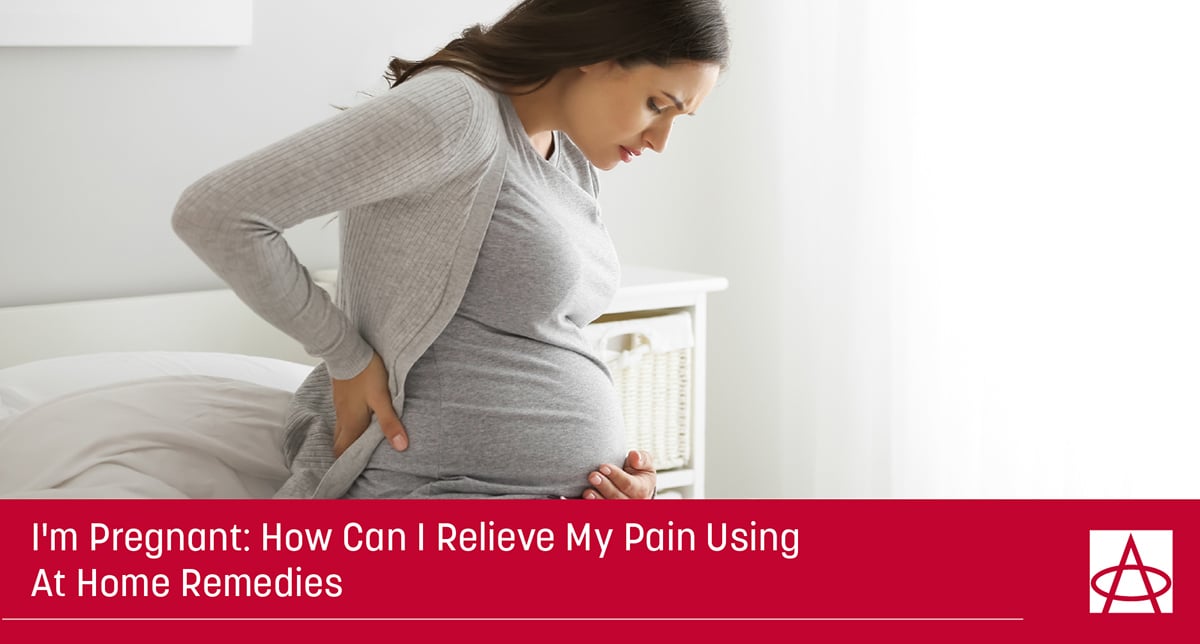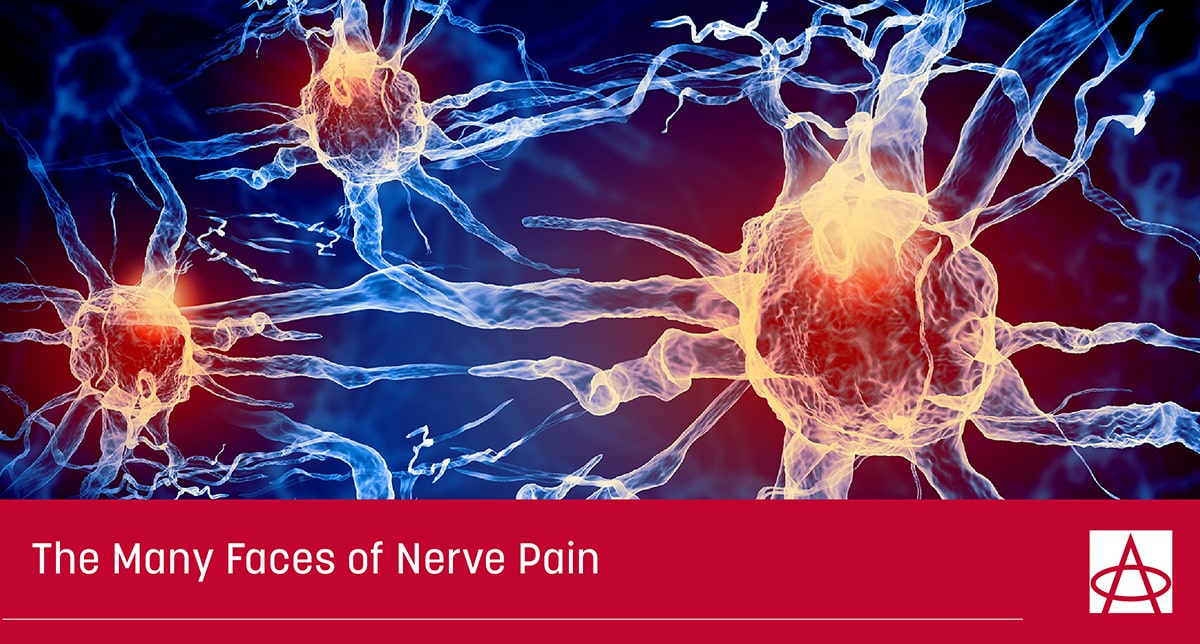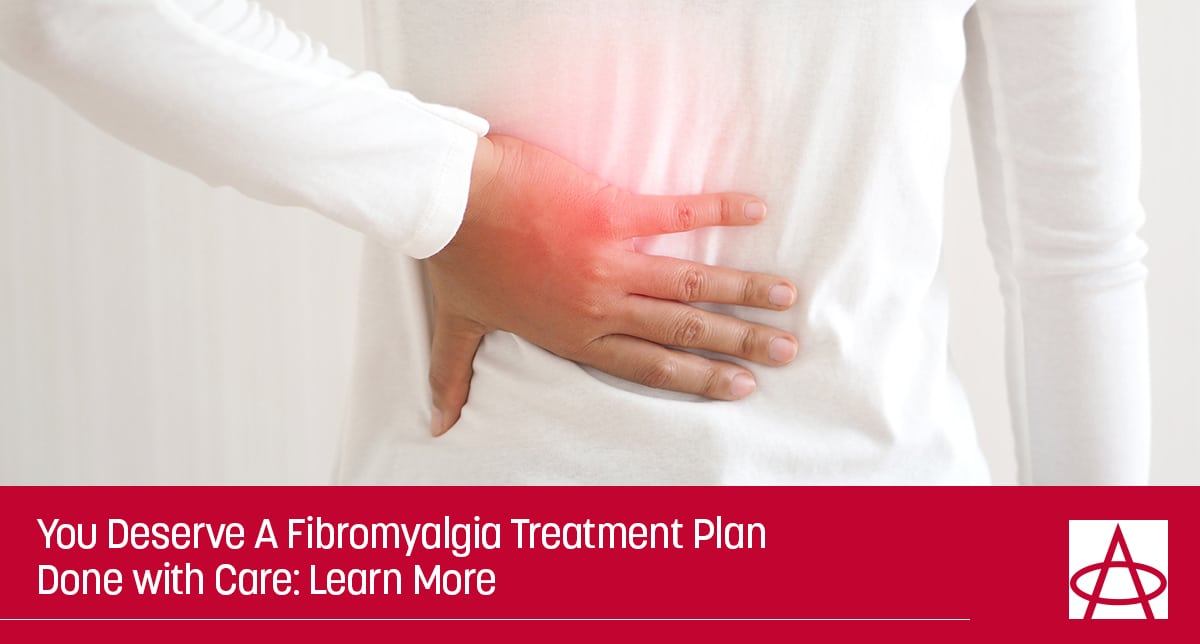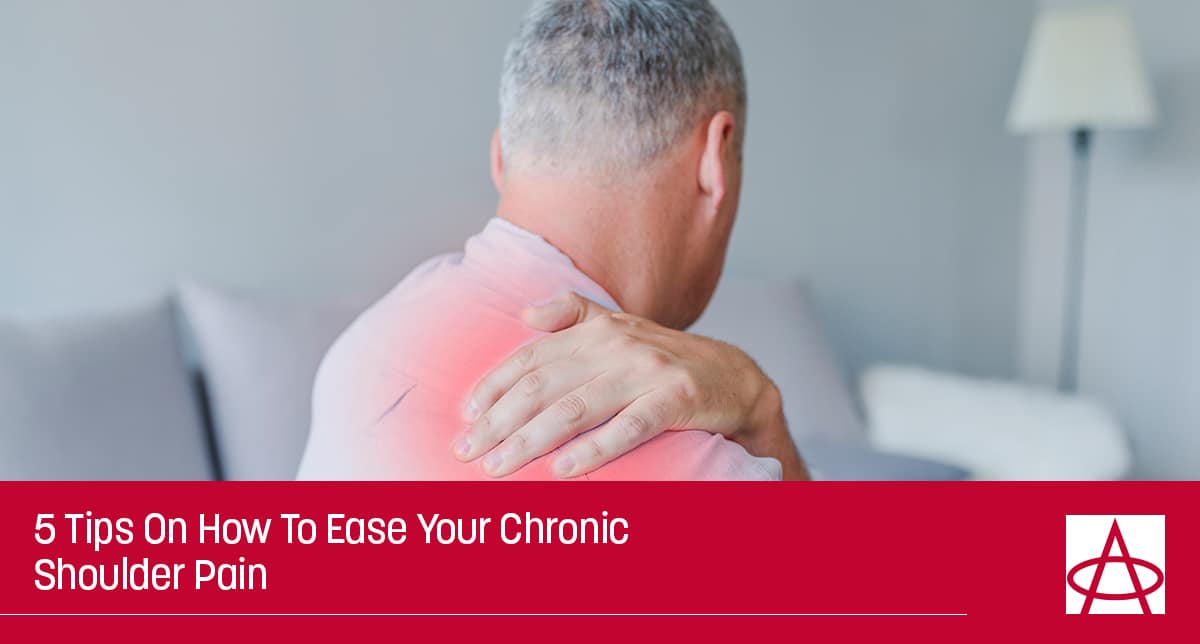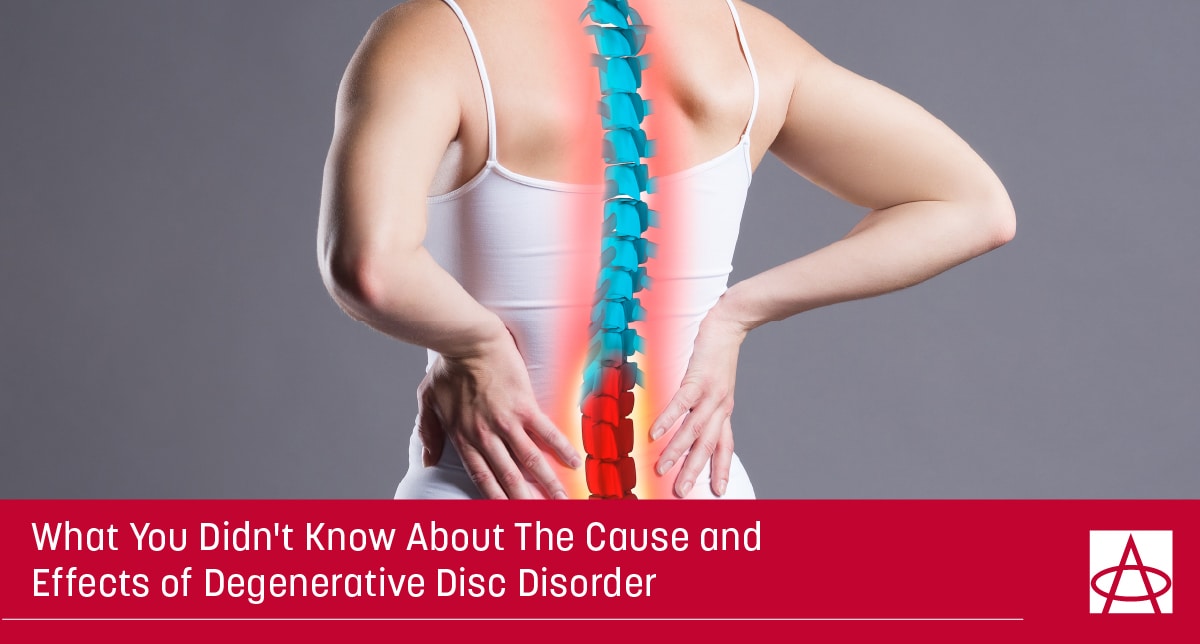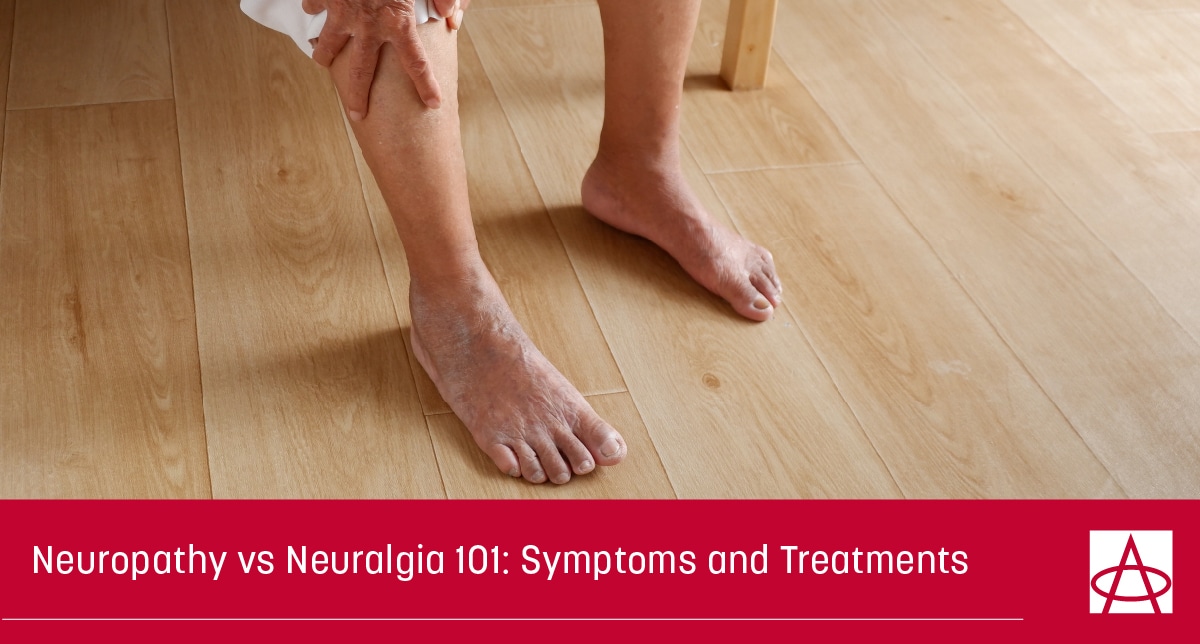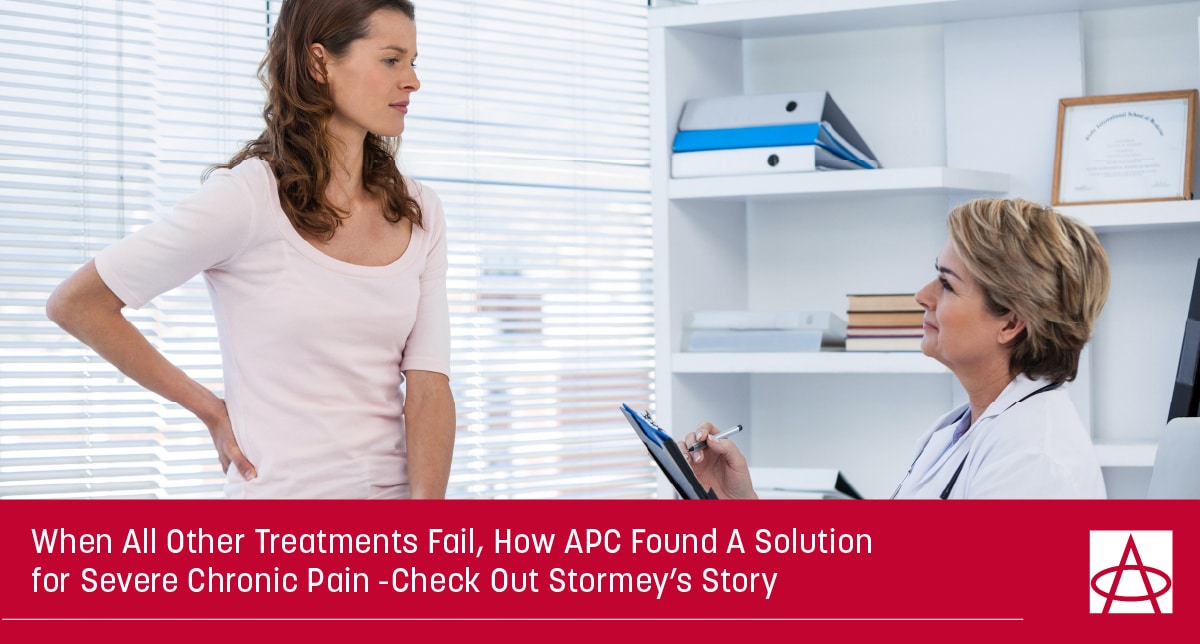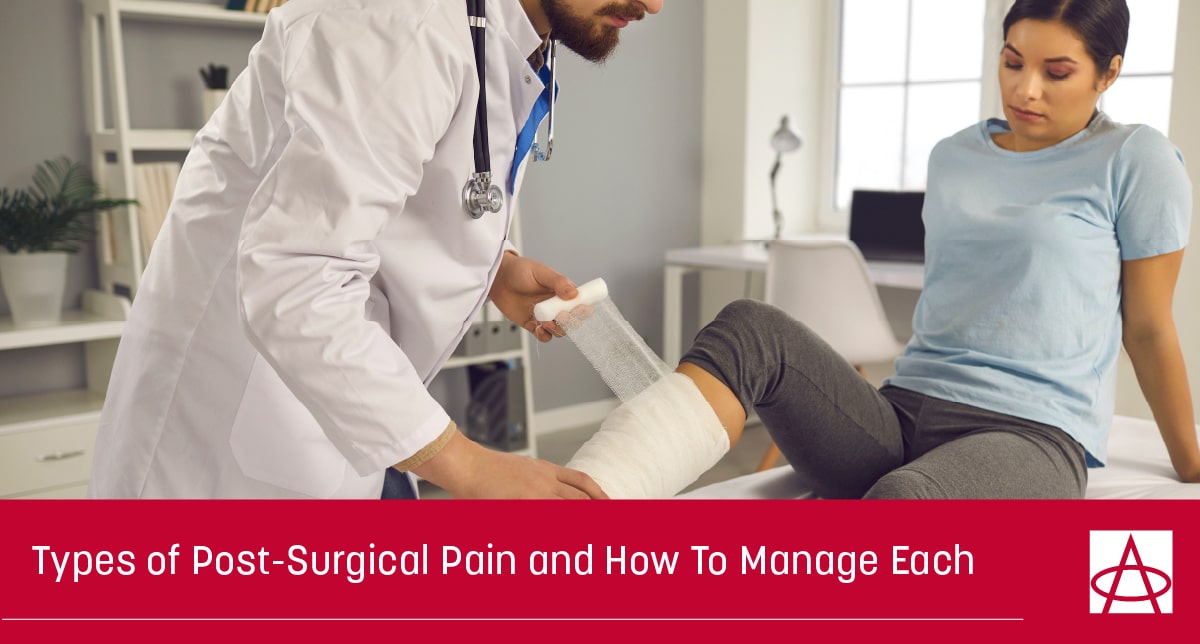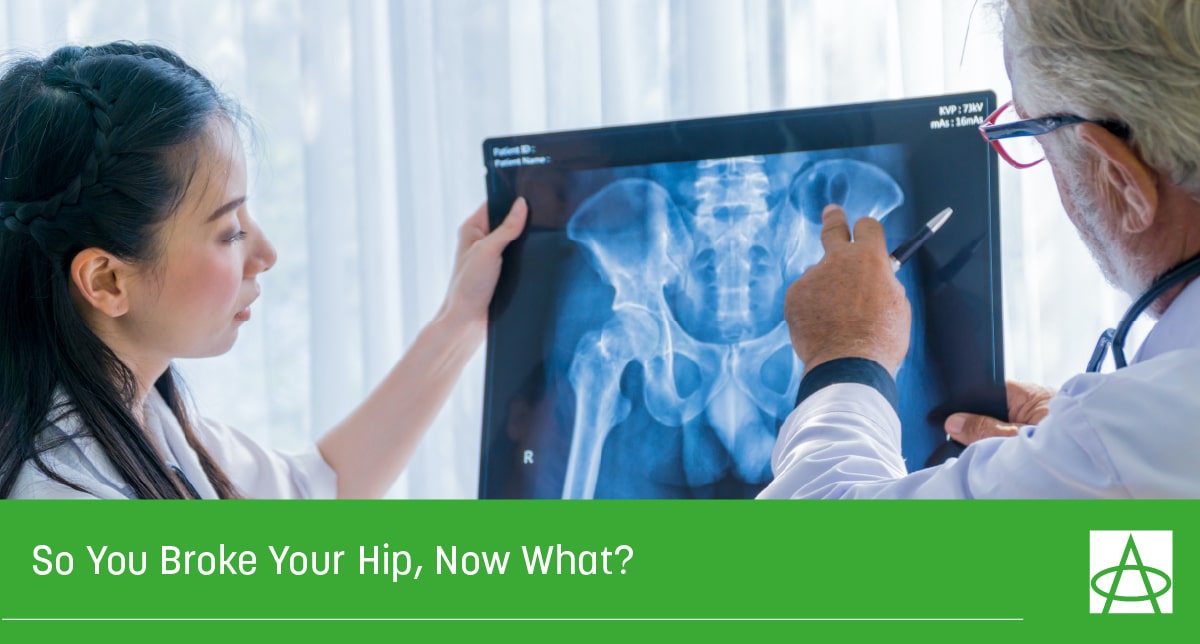How Can I Manage My Pain With Eastern medicine?
By Rey Ximenes MD Eastern medicine is simply a term the western world has coined. Still, it typically refers to traditional medicine practices that derive from the rest of the world that look at the totality of the body, mind, and spirit rather than focus on a particular aspect of the body that is ailing. Even in Australia, the Indigenous population has their own form of traditional medicine they use, which is a combination of healing practices and herbs to heal the body. The great part about Eastern medicine is its holistic view. Where Western medicine has a reductionist approach to healing, Eastern
I’m Pregnant: How Can I Relieve My Pain Using At Home Remedies
By Advanced Pain Care At every stage of your pregnancy, it is normal to feel some pain or discomfort with hormonal changes and the growth of the baby in your uterus. “Normal” pains usually materialize as back, pelvic, and even ligament pain. Though these might be considered “normal,” it doesn’t mean that any pain should be overlooked. You should always talk to your OBGYN when you are feeling any type of pain, even if you think that pain is “typical.” Some pains are considered dangerous, even if they appear in “typical” ways or in those three areas. A lot of home remedies can
The Many Faces of Nerve Pain
Our experts talk about pain care for those that suffer from paresthesia, also known as the "pins and needles" nerve pain.
You Deserve A Fibromyalgia Treatment Plan Done with Care: Learn More
By Bradley Wisler M.D. Currently, there is a lot of debate around what is considered Fibromyalgia, its causes, and its derivation. With the growing research, we do know that it is a very real condition and not one that is made up or an overreaction. It is not linked to people with brain disorders or necessarily those who have psychological disorders. However, if you do suffer from anxiety or depression, you are more likely to develop fibromyalgia. It tends to affect more women than men and usually starts in middle age, with an increased likelihood of getting it as you get older.
5 Tips On How To Ease Your Chronic Shoulder Pain
By Advanced Pain Care There are many causes of chronic shoulder pain. The most common is rotator cuff tendonitis or bursitis. Rotator cuff tendonitis happens when the tendons become inflamed. Bursitis is also an inflammatory disorder in the shoulder, but this is when the inflammation is due to the growth of a fluid-filled sac. Nerve problems, such as cervical radiculopathy, i.e., nerve impingement along the cervical spinal cord, can also cause motor weakness in the shoulders as well. Other causes of shoulder pain include: osteoarthritis in the should joint, overuse, injury to the nearby tendons, such as in the biceps, poor posture,
What You Didn’t Know About The Cause and Effects of Degenerative Disc Disorder
Degenerative Disc disorder (DDD) is not a disorder at all. It is a common side effect of aging and usually gets worse as we age. It happens when the fluid-filled cushions between the bones in your back or neck begin to break down and dry out. Essentially, the cushions wear away, and the bones end up rubbing together. Several things could happen as a result of DDD. You could have a less stable spine, which could impact your movement. You could also experience an increased risk of having a herniated disc or experience bone spurs. If you suspect you have DDD,
Neuropathy vs Neuralgia 101: Symptoms and Treatments
By Advanced Pain Care, M.D. Neuropathy is a dysfunction usually occurring in the peripheral nervous system or the nerves that are located outside the brain and spinal cord. It can manifest itself as pain, weakness, and numbness. Whereas neuralgia is just nerve pain where the patient may feel a burning, tingling, pins and needles, and electric shock sensation that can occur with the lightest form of stimuli. Neuralgia is a type of neuropathy, but neuropathy tends to affect the motor components, such as causing slow digestion, nausea, or light-headedness. Both denote conditions that affect the nerves and may cause pain wherever the
When All Other Treatments Fail, How APC Found A Solution for Severe Chronic Pain- Check Out Stormey’s Story
By Austin Horrocks, D.O. and contributions from Stormey Perritt Stormey had a hip replacement with a new ball and socket joint. Unfortunately, there was a complication and the bone cement came out of the confined hip area to the surrounding muscles and nerves. In her case, it was quite severe. The cement had been rubbing against nearby nerves, causing friction, significant pain, and nerve damage in the local area and in the lower spine. She said she was experiencing a significantly reduced quality of life due to the pain and could not live or complete daily tasks without thinking about the pain.
Types of Post-Surgical Pain and How To Manage Each
By Matthew Hellman, M.D. Post-surgical pain is pretty common and has a number of possible causes, including tissue damage. Tissue damage can happen at the point of incision, during the procedure itself, or at the closing of the wound. You may also experience other forms of pain like muscle and joint pain in the nearby extremities that results due to a loss in mobility or overworking, due to surgery in a central area of your body that is either making you not able to move those other extremities or rely more heavily on them. For example, if you had back surgery and
So You Broke Your Hip, Now What?
By Advanced Pain Care The hip is a common place for injury, and therefore a common place for fractures, especially in elderly patients. Women tend to experience more hip fractures than men post menopause, due to the loss in the female hormone progesterone, which supports bone formation. The hip is a ball and socket joint that connects the upper part of the leg and the pelvis together. It allows for a lot of movement. But due to aging in all patients, bone density and joint elasticity decrease, causing strain on the hip’s mobility. Restricted mobility in the lumbar spine can also contribute



